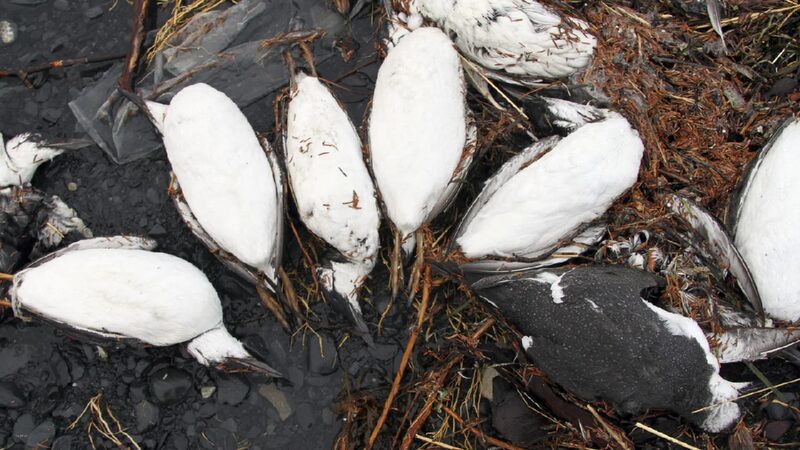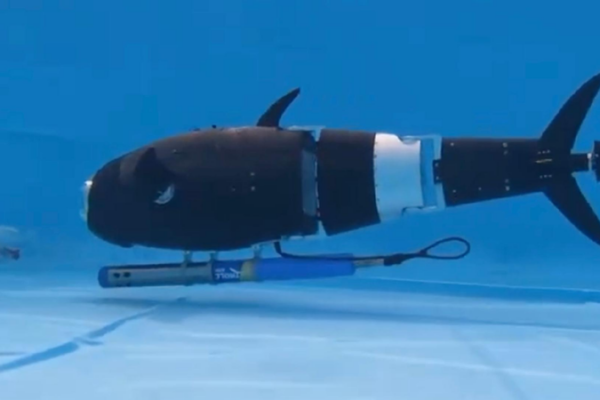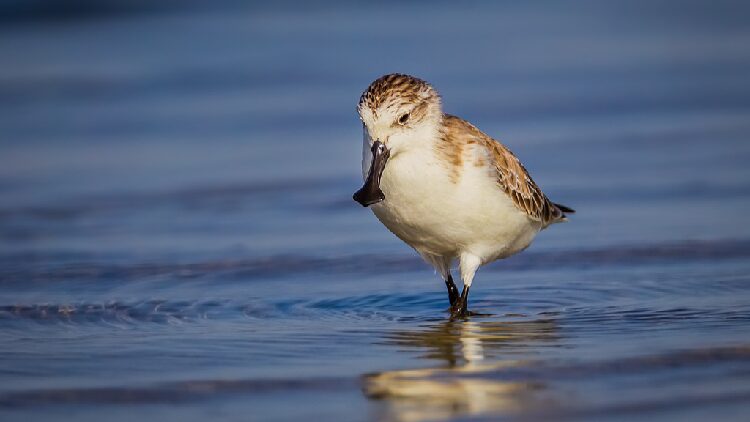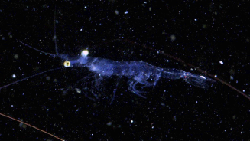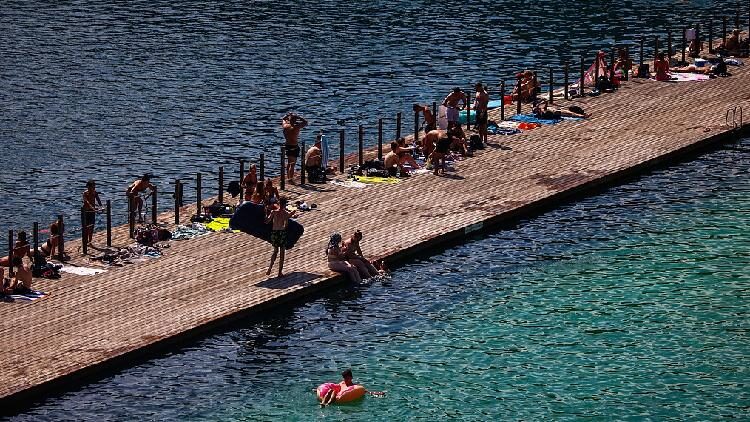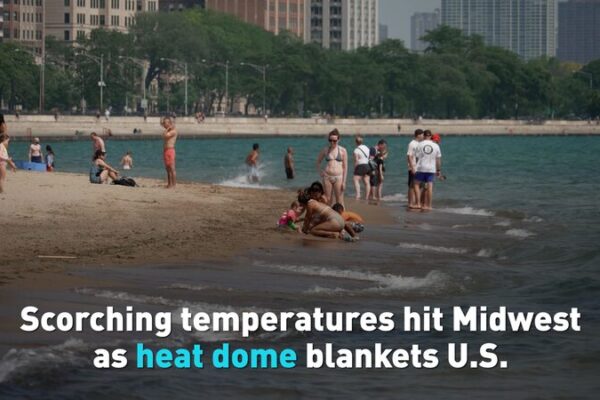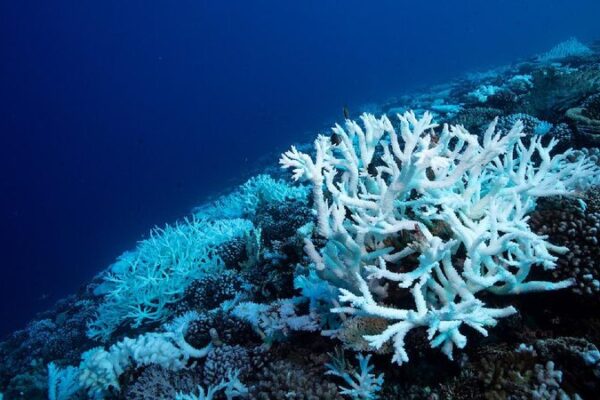A recent study has uncovered a staggering loss of seabirds in Alaska, attributing the deaths of an estimated four million birds to a massive marine heat wave. Between 2014 and 2016, the northeast Pacific Ocean experienced record-breaking temperatures, leading to catastrophic consequences for the common murre, a black-and-white seabird native to northern waters.
Published in the journal Science, the research highlights how elevated ocean temperatures disrupted the marine ecosystem. The heat wave reduced both the quality and quantity of phytoplankton—the foundation of the ocean food web. This decline impacted fish like herring, sardines, and anchovies, which are primary food sources for the murres.
“To our knowledge, this is the largest mortality event of any wildlife species reported during the modern era,” said Heather Renner, lead author and biologist at the Alaska Maritime National Wildlife Refuge. The study notes that the population has shown little sign of recovery, suggesting long-term shifts in the food web that could have lasting impacts.
The situation was worsened by increased competition for food. Warmer waters heightened the energy demands of larger fish such as salmon and Pacific cod, which compete with murres for the same prey. As a result, approximately 62,000 emaciated murres washed ashore along the Pacific coastline, dead or dying from starvation.
Renner expressed deep concern over the findings. “There’s a lot of talk about declines of species tied to changes in temperature, but in this case, it was not a long-term result,” she explained. “It is just so much worse than we thought it was.”
The study serves as a stark warning about the effects of climate change on marine life. As human-caused climate change intensifies, heat waves like this are expected to become more frequent and severe, ringing “alarm bells” for scientists worldwide.
Reference(s):
cgtn.com
